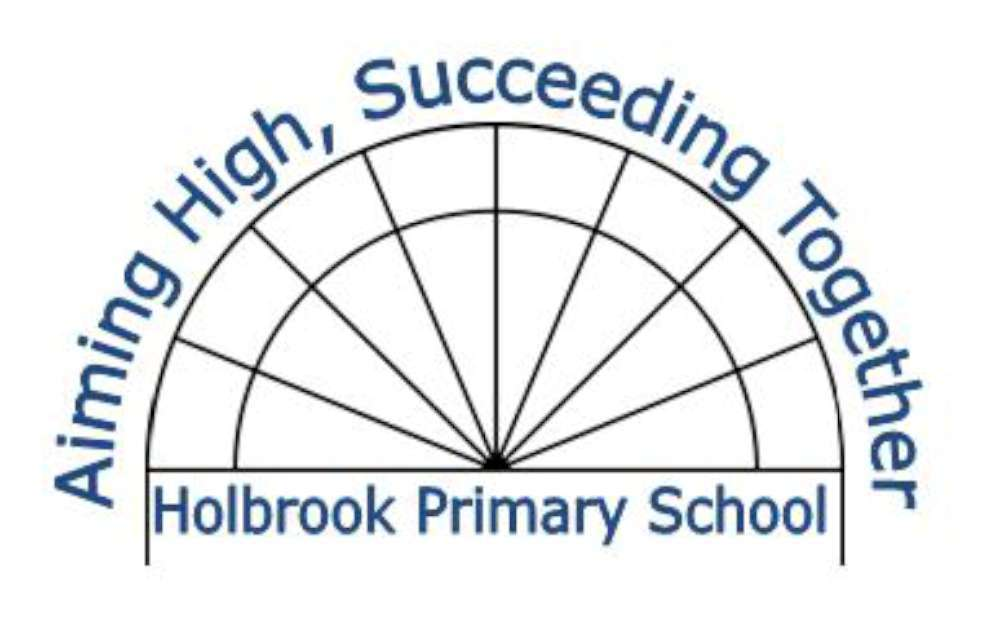English – Writing
English at Holbrook
Writing at Holbrook
INTENT
At Holbrook Primary School we aim to develop children who are clear and confident communicators who can write for a range of purposes with accurate spelling, grammar and handwriting.
IMPLEMENTATION
Children are encouraged to write from an early age, with a range of opportunities both indoors and outdoors for children to mark make in EYFS. Writing skills are progressively sequenced, drawing and building upon earlier knowledge from EYFS to Y6. We use a combination of approaches to engage the children in high quality texts. At Holbrook, we ensure that the authors, poets and texts chosen to support our teaching of writing are representative of both our school and community and the culturally rich world we live in. Our curriculum is used to challenge stereotypes and promote respectful discussions and debates as well as giving opportunities to empathise with characters through writing in role.
Our writing is based on the main Writing Purposes (to entertain, to inform, to persuade and to discuss) and children are taught to write with these in mind. Our learning journeys are carefully sequenced to allow the children to develop their writing skills i.e. use of model texts, highlighting key features, drawing up toolkits, explicit modelling, scaffolding and rehearsal of quality sentence structures, key grammar features, ambitious vocabulary choices and oral rehearsal/drama techniques.
We encourage children to value the whole writing process, including proofreading and editing, and Learning Logs demonstrate this process. Throughout the school, phonics and spelling skills are developed through a combination of published schemes (Song of Sounds, Spelling Shed) and investigative approaches as words are encountered across the curriculum. A fully cursive style of Handwriting is used, starting from Y1, and neat presentation is promoted across all subjects.
IMPACT
Children’s communication skills are strengthened and they articulate themselves well. They enjoy the range of writing purposes offered, and writing is high quality and well presented in a range of ways. Children become more independent in their writing choices, preparing them well for secondary school. Children’s understanding of the writing process helps them make good progress, with a high percentage achieving age-related expectations. Children take pride in their work by making choices in language and presentation to appeal to the reader.
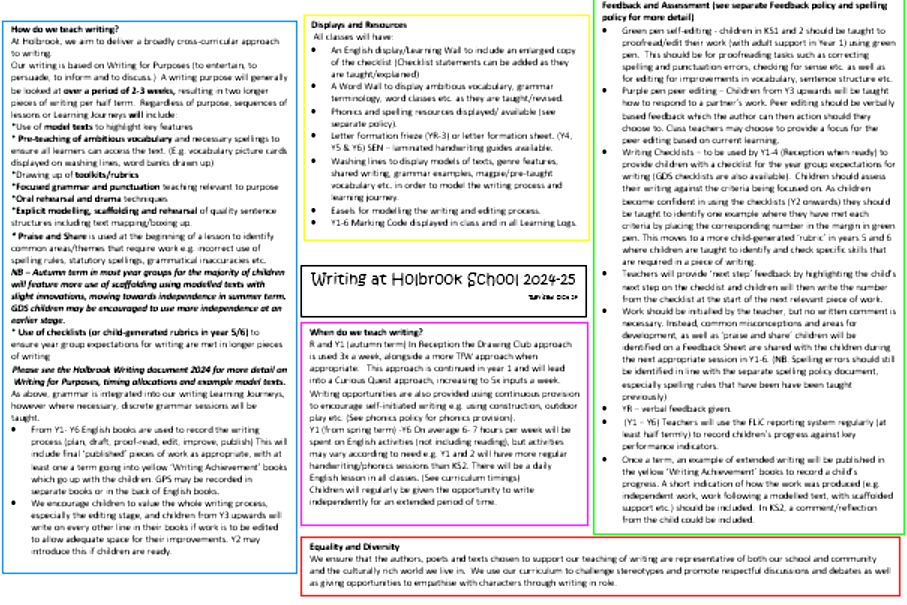
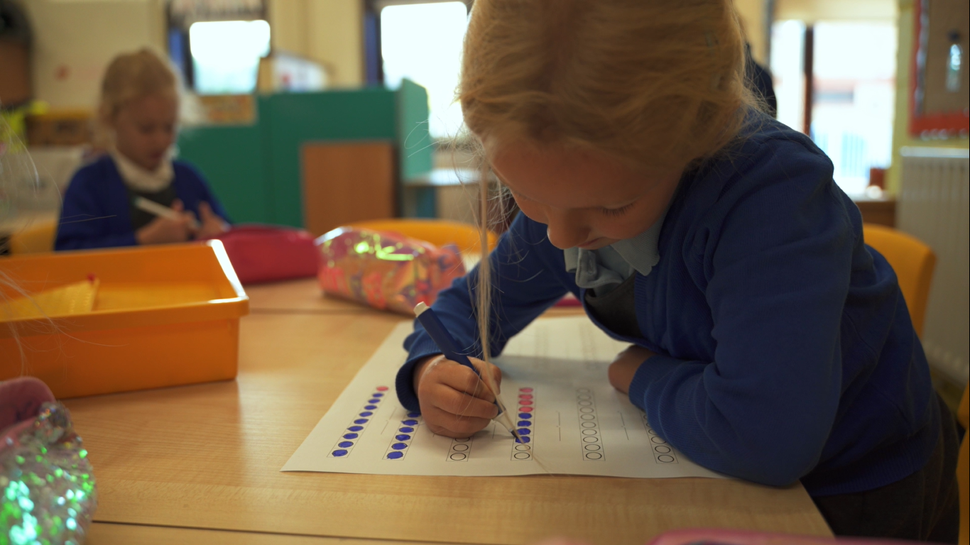
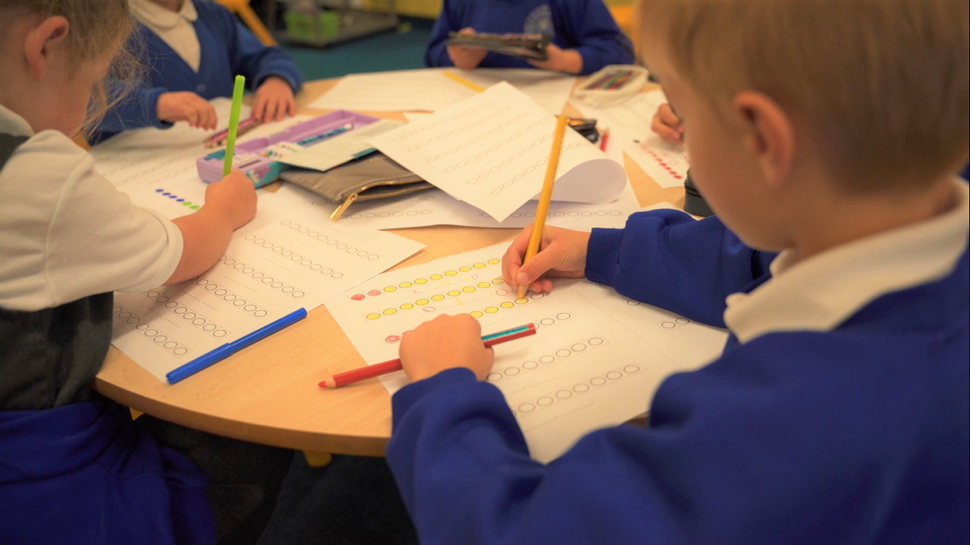
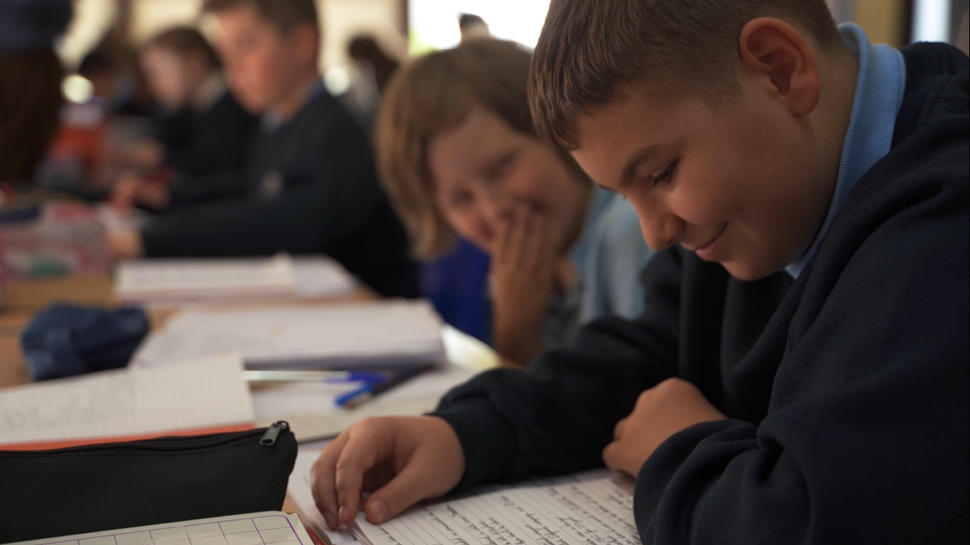
Writing progression
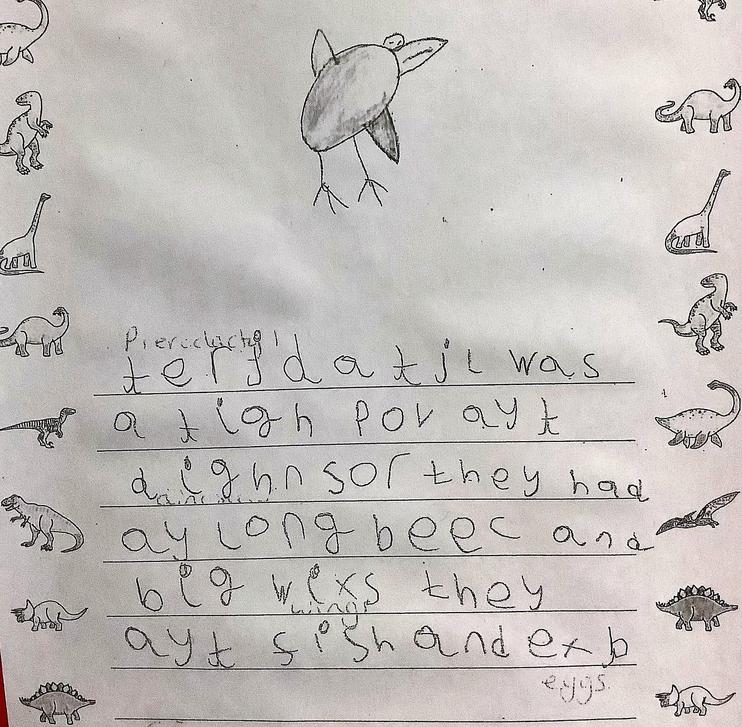 Reception - spelling words by identifying sounds and writing simple phrases
Reception - spelling words by identifying sounds and writing simple phrases
 Year 1 - using capitals, joining words and clauses and beginning to punctuate
Year 1 - using capitals, joining words and clauses and beginning to punctuate
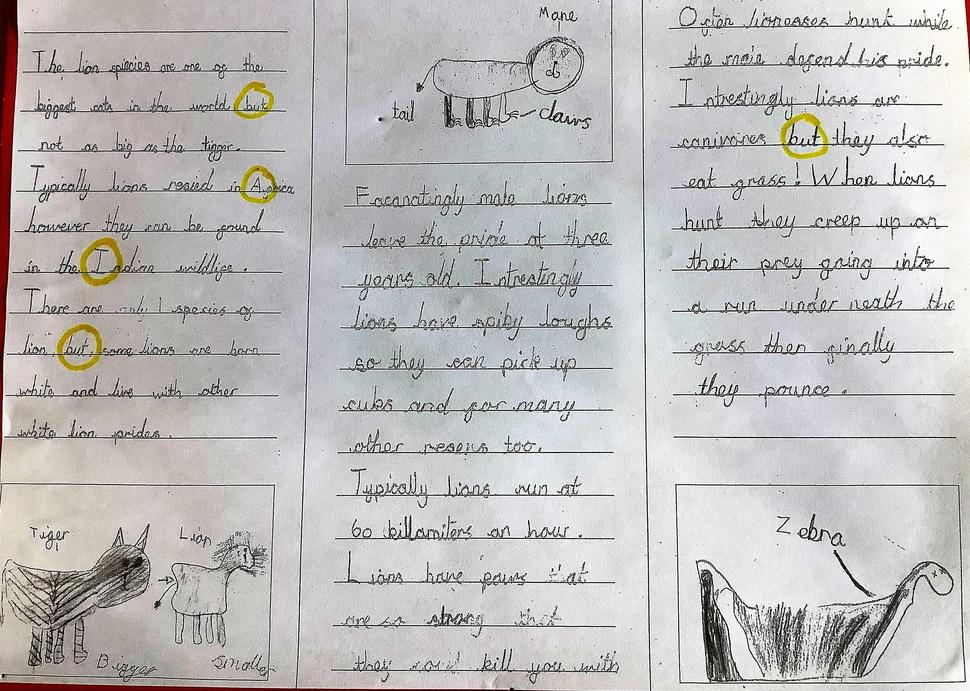
Year 2 - use simple subordination, past and present tenses and sentences of different form

Year 3 - use nouns and pronouns, speech punctuation and conjunctions

Year 4 - extend a range of sentences with more than 1 clause and include fronted adverbial
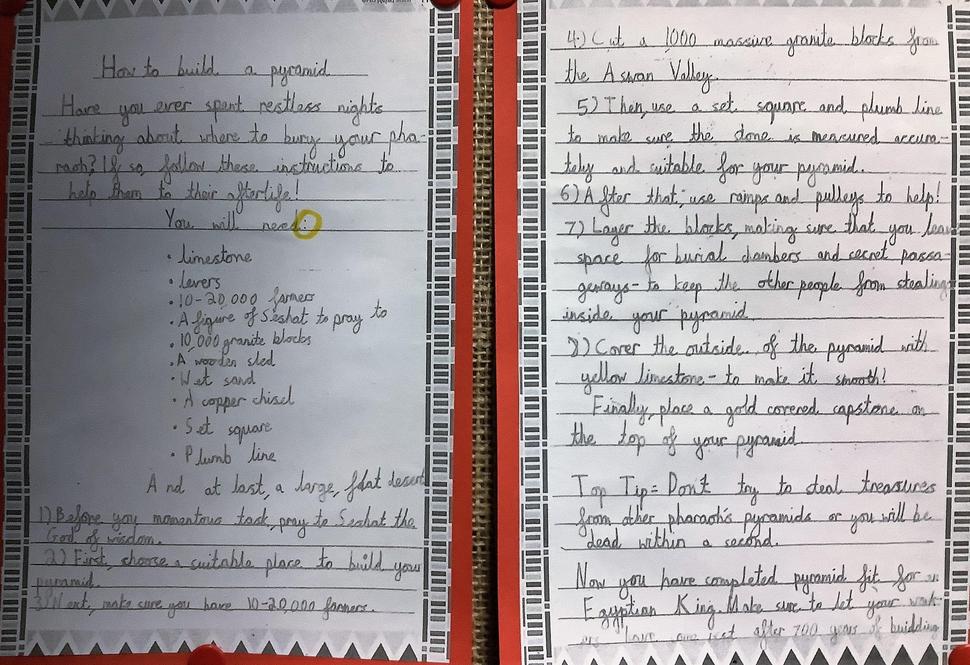
Year 5 - use noun phrases, brackets colons and the perfect form
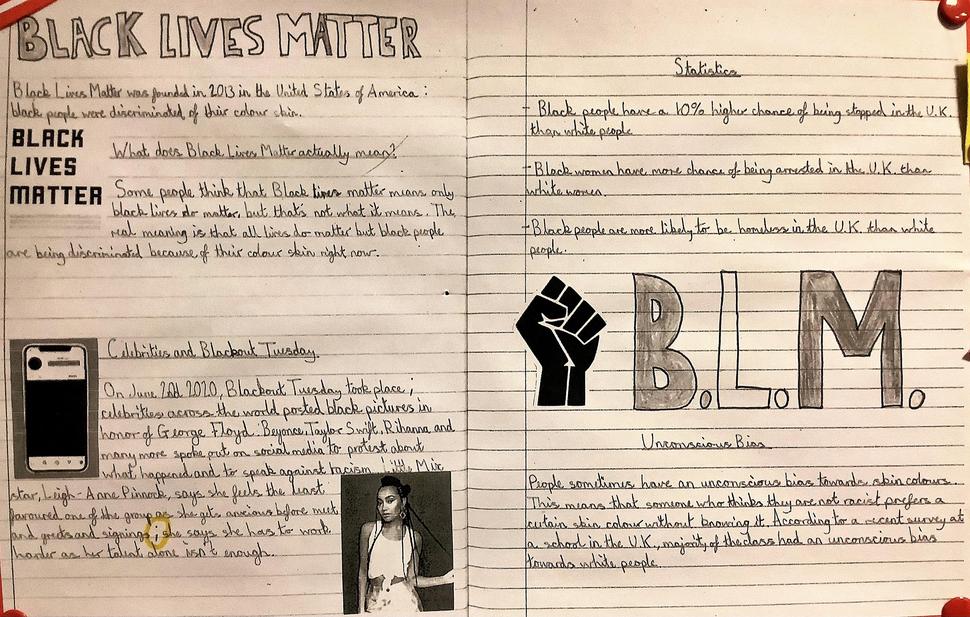
Year 6 - passive verbs for effect, punctuation for independent clauses, use relative clauses
